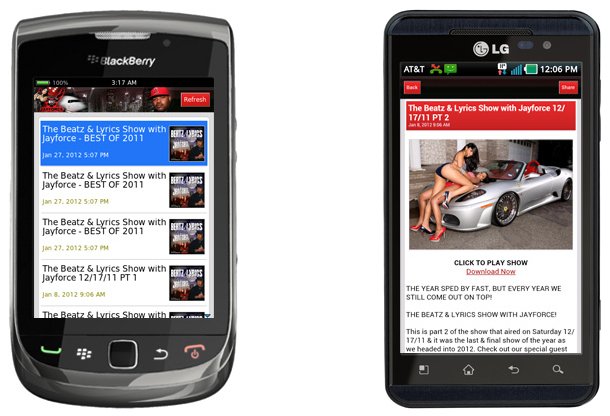Posts Tagged ‘University of Southern California’
ESPN’s 30-For-30: Trojan War (Video)
Ah, college football fans. Let’s talk about the Pete Carroll – USC Era. He took over the program at the University Of Southern California after the 2000 season, and eventually restored the luster and swagger of the once-great Trojans with his football knowledge, upbeat personality and recruiting skills (and a couple of star graduates who’d come back to visit, if recollection serves).
Soon enough, Southern Cal was back! Topping the college football world in home field attendance; turning out win after win, multiple Heisman Trophy winners (e.g. Carson Palmer, Matt Leinart, Reggie Bush), marquee TV respect (ABC & Keith Jackson don’t just call any game)…
BUT…
There was sinning at the revival of USC. And the worst sin of all D-1 sins, THEY GOT CAUGHT! Lost scholarships, overturned victories, a returned Heisman award… oh my. All of the fall would come to light after the 2006 National Championship game. USC lost the Rose Bowl that year to The University of Texas. Then the proverbial bottom fell the f##k out!
The hurt ran deep and are really only numbing today. At least now we can really talk about it. Well, Coach Carroll, Heisman-winning quarterback Leinart and others can that is. Watch “Trojan War,” an ESPN 30-For-30 special, above.
Technology: USC Institute for Creative Technologies Presents A Counselor That Is Almost Human (Video)
The USC Institute for Creative Technologies (ICT) is really pushing the frontier on what tech can do in the realm of healthcare. ICT’s latest initiative combines two technologies – Multisense and SimSensi – to enable what, in effect, is a virtual counselor. Imagine a truly private visit to a therapist; one in which no other human, not even a human doctor/specialist, is present. The implications are fascinating (and kind of scary).
In the video above, Multisense is showing viewers how it “reads” the actors who are playing the clients in the clip.
‘Multisense automatically tracks and analyzes in real-time facial expressions, body posture, acoustic features, linguistic patterns and higher-level behavior descriptors (e.g. attention, fidgeting). From these signals and behaviors, indicators of psychological distress are inferred to inform directly the healthcare provider or the virtual human.’
Given what Multisense is picking up during the session, and sharing with SimSensei, the virtual counselor is giving human-like responses in real time. An actual counseling session, as a result, should be a real experience for a client.
‘SimSensei is a virtual human platform specifically designed for healthcare support and is based on the 10+ years of expertise at ICT with virtual human research and development. The platform enables an engaging face-to-face interaction where the virtual human automatically reacts to the perceived user state and intent, through its own speech and gestures.’
Amazing! But ICT is very clear on this point: This dual-tech platform is NOT a substitute for counseling. Rather, it is a support tool for counselors and healthcare providers; a powerful tool.


